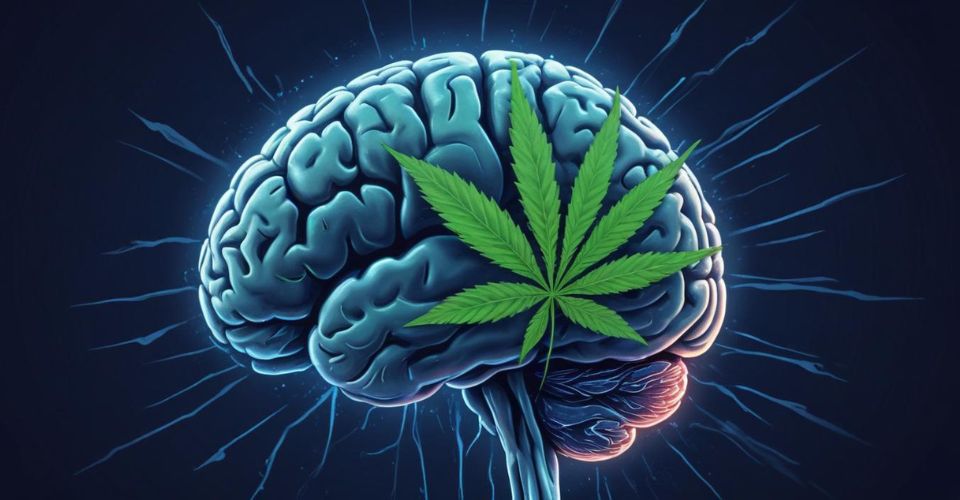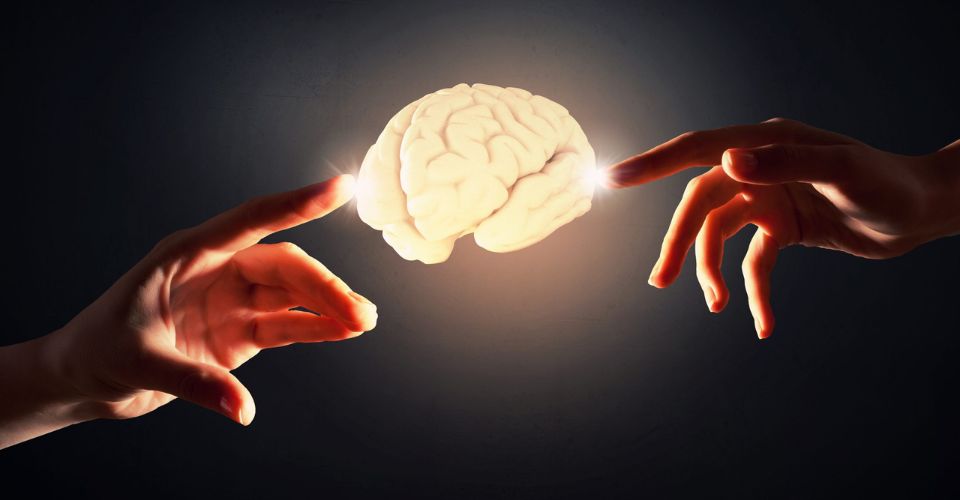In today’s fast-paced world, children are constantly exposed to a multitude of experiences and emotions. While childhood is often portrayed as a time of innocence and carefree joy, it can also be a period when mental health issues in children begin to manifest.
As parents or guardians, it is crucial to be attuned to our children’s emotional well-being, as it plays a pivotal role in their overall development.
Recognizing the signs and behaviors that may indicate mental health concerns in young children is the first step towards providing them with the necessary support and care.
Children, like sponges, absorb the world around them as they grow. However, they may not always possess the vocabulary or emotional maturity to express their feelings in the same way adults do.
Therefore, it falls upon parents and caregivers to closely observe their children’s behavior and emotions. Here, we explore some red flags and behavioral signs that can serve as indicators of potential mental health issues in young children, and discuss how to respond with empathy and support.
Mental Health Issues In Children Leads To Sudden Changes in Behavior
One of the most significant indicators of a child’s mental health may be a sudden change in their behavior. If a once-vibrant and active child becomes unusually apathetic, withdrawn, or lethargic, it could be a sign of underlying emotional distress.
On the other hand, if a child becomes unusually aggressive, defiant, or excessively clingy, it may also indicate emotional struggles. These abrupt changes should not be dismissed as mere phases; instead, they warrant careful attention and open communication.
Another crucial aspect to monitor is a child’s sleeping and eating habits. Disrupted sleep patterns, frequent nightmares, or night sweats can all be signs of anxiety or stress in young children.
Similarly, significant changes in eating habits, such as sudden weight loss or gain, appetite fluctuations, or an obsession with food, may be indicative of underlying mental health concerns.
Children with mental health issues may also struggle with concentration and focus. If a child who once performed well academically begins to struggle with schoolwork, has difficulty completing tasks, or displays an inability to concentrate, it may be a sign of an underlying issue affecting their cognitive functions.
Isolation from peers and family can be another telling sign. Children who avoid social interactions, refuse to participate in group activities, or suddenly lose interest in their hobbies and friends may be experiencing emotional distress.
Parents should not overlook these behaviors, as they could indicate feelings of sadness, anxiety, or low self-esteem.
Physical symptoms can sometimes accompany mental health issues in children. Frequent headaches, stomachaches, and other unexplained physical discomforts can be manifestations of emotional turmoil. It is crucial to consider both physical and emotional factors when assessing a child’s overall well-being.
Recognizing these signs is the first step, but what follows is even more critical – providing the necessary support and guidance. Here are some strategies for parents and caregivers to respond effectively:
- Open Communication: Create a safe and non-judgmental space where your child feels comfortable discussing their feelings and concerns.
- Professional Help: Consult with a mental health professional who specializes in child and adolescent issues if you suspect a more serious problem.
- Routine and Consistency: Establishing a predictable routine can provide stability and security for a child dealing with emotional challenges.
- Healthy Lifestyle: Encourage regular physical activity, a balanced diet, and adequate sleep, as these factors can significantly impact a child’s mental health.
- Emotional Literacy: Teach your child to identify and express their emotions, helping them develop emotional intelligence.
- Family Support: Seek support from friends, family, or support groups for yourself, as caring for a child with mental health concerns can be challenging.
In conclusion, being attentive to a child’s mental health is essential for their overall well-being and development. Early recognition of signs and behaviors indicating potential mental health issues allows parents and caregivers to respond with empathy and support.
By creating a nurturing environment and seeking professional guidance when necessary, we can help children navigate their emotional challenges and grow into emotionally resilient individuals.




























